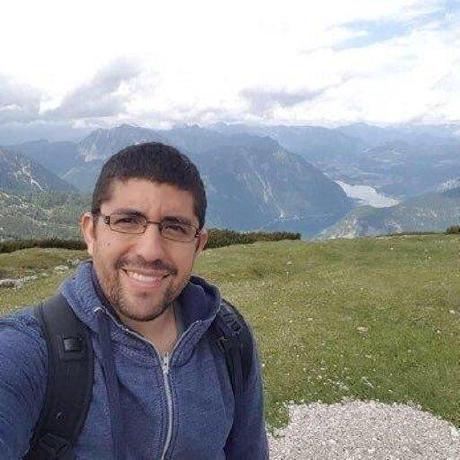Verdaccio Migration Guides
Verdaccio keeps backward compatibility with all versions since the first release (v2.0.0), but there are some considerations you need to know before start a migration.
Migrating from sinopia@1.4.0 to Verdaccio 2.x/3.x
If you are using still using Sinopia, we encourage you to migrate as soon as possible due to Sinopia has been abandoned.
Installation with npm
Using as example UNIX environments, the local storage is located within ~/.local/share/ folder.
We support only sinopia@1.4.0 as minimum version, these are the steps:
- The folder
~/.local/share/sinopiamust be renamed to~/.local/share/verdaccio - The folder
~/.config/sinopiamust be renamed to~/.config/verdaccio
There is an aditional step, not required, but recommended:
- The file
~/.config/sinopia/storage/.sinopia-db.jsonmust be renamed to~/.local/share/verdaccio/storage/.verdaccio-db.json
To find the Windows location, check the following link.
Using Docker
This might depends of your own configuration, but, if you are using external volumes we recommend following the step 3 in the previous section.
Migrating from verdaccio@2.x to verdaccio@3.x
Those versions are fully compatible, so there is not a specific step for migrating between both of them. But we recommend the following considerations:
- Try to update first to the latest
v2.xas possible. There were a lot of fixes and you might hit a corner case migrating from a very old version. - We recommend using the latest
v3.xavailable version.
Migrating from verdaccio@3.x to verdaccio@4.x
Here you can read more about summary o of changes by Diego Louzán.
Installation with npm
There are no differences between both major releases if you install with npm. The migration should be clean and painless.
If you decided to use the
JWTtoken signature instead of thelegacyone, all the client side tokens will be invalidated.
Installation with Docker
Environment Variables
The Docker image for version 3 allows the following environment variables:
| Property | default | Description |
|---|---|---|
| APPDIR | /usr/local/app | the docker working directory |
| PORT | 4873 | the verdaccio port |
| PROTOCOL | http | the default http protocol |
Version 4 brings more control over the environment variables and provides a namespace to avoid collisions and new additions.
| Property | default | Description |
|---|---|---|
| VERDACCIO_APPDIR | /opt/verdaccio-build | the docker working directory |
| VERDACCIO_USER_NAME | verdaccio | the system user |
| VERDACCIO_USER_UID | 10001 | the user id being used to apply folder permissions |
| VERDACCIO_PORT | 4873 | the verdaccio port |
| VERDACCIO_PROTOCOL | http | the default http protocol |
Docker and Plugins
If you are using the Docker image as base with the purpose of installing plugins, there are some differences you need to keep on mind.
In Verdaccio 3 was really easy to install plugins, for instance:
FROM verdaccio/verdaccio:3
RUN npm i && npm install verdaccio-ldap
Rather in Verdaccio 4, the image has changed considerably and now you need to deal with the right folder permissions.
You can find more info about this in this ticket.
To install plugins, you need to use the right users for it, which is root.
⚠️ This approach works, but perhaps is no the best one, feel free to suggest modifications.
FROM verdaccio/verdaccio:4
## switch to root user
USER root
ENV NODE_ENV=production
## perhaps all of this is not fully required
RUN apk --no-cache add openssl ca-certificates wget && \
apk --no-cache add g++ gcc libgcc libstdc++ linux-headers make python && \
wget -q -O /etc/apk/keys/sgerrand.rsa.pub https://alpine-pkgs.sgerrand.com/sgerrand.rsa.pub && \
wget -q https://github.com/sgerrand/alpine-pkg-glibc/releases/download/2.25-r0/glibc-2.25-r0.apk && \
apk add glibc-2.25-r0.apk
RUN npm i && npm install verdaccio-[YOUR-PLUGIN-HERE]
# switch back to the verdaccio user
USER verdaccio
Once you have installed the plugin, it needs to restore the user, either the default one verdaccio or the one defined under the environment variable VERDACCIO_USER_NAME.
